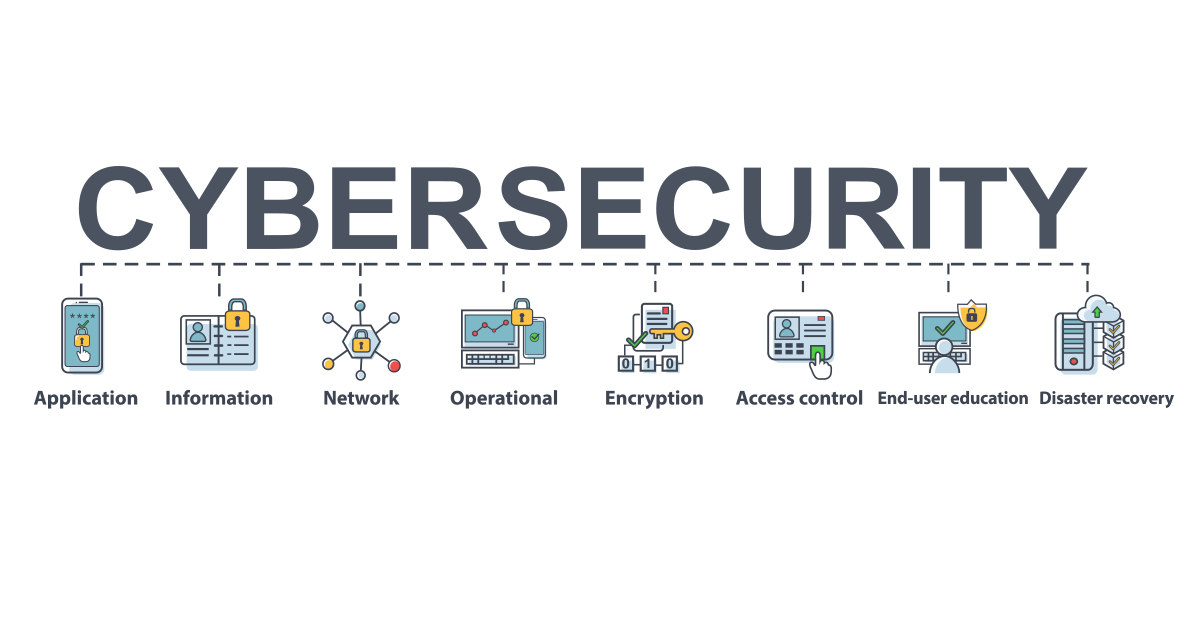Not known Details About cybersecurity report
Not known Details About cybersecurity report
Blog Article

1. Information breaches: Fintech business deal with sensitive financial details, making them a prime target for cybercriminals. A solitary information breach can compromise millions of individuals' personal and financial information, bring about extreme repercussions.
2. Repayment fraud: Defrauders utilize advanced methods to adjust repayment systems, causing economic losses for both customers and companies. Preventing settlement scams requires innovative safety steps and constant surveillance.
3. Compliance: Fintech firms need to comply with numerous monetary regulations, such as GDPR, PCI-DSS, and AML/KYC. Making sure conformity can be a complicated and time-consuming procedure, but failing to do so can result in substantial fines and reputational damages.
4. Inadequate security procedures: Fintech companies usually prioritize rate and development over protection, causing inadequate security versus cyber risks. This can reveal individuals' information and financial info to substantial dangers.
Fintech software program development need to address these cybersecurity challenges to shield customers' interests and preserve public trust fund. }
The monetary modern technology sector is going through a considerable makeover, introducing unique approaches to handling financial resources. Nonetheless, the quick evolution generates fresh obstacles, especially in the realm of cybersecurity. These difficulties present problems concerning the reliability and safety of financial systems and may weaken your track record as a reliable fintech copyright. Discover more at
In this blog post, we're exploring the 4 cybersecurity risks faced by the fintech sector and recommend methods on how to mitigate them.
"Cybersecurity Threats Evolve"
A malware attack refers to any harmful software program intended to damage a individual's computer or web server. These unsafe programs are developed and dispersed by cybercriminals for numerous objectives, with the typical objective of stealing individual, monetary, or company information.
Ransomware, a form of harmful software program, continues to be the most report from Statista disclosed that in 2023, 72% of organizations experienced a ransomware attack. Wondering just how to stay risk-free? Here are a couple of advised defense methods.
See to it to on a regular basis upgrade your computer and software application, utilize a reputable antivirus program, and prevent clicking links from unknown resources.
The swift embracing of cutting-edge technologies such as blockchain, AI, and IoT by fintechs uses remarkable potential for development and advancement, yet it also presents brand-new protection challenges. For example, AI-driven systems can be used to determine weak points in networks and systems, while IoT assaults target tools attached to the net, compromising their data storage and collection capacities. Although selecting safe tools can minimize IoT risks, combating AI-powered attacks requires a much more advanced strategy.
adopt a split security method;
conduct awareness training for workers;
implementation of AI-powered protection devices.
Expert Dangers
A fintech organization's greatest danger can come from within. Staff members or specialists with authorized accessibility to sensitive information or systems can position a substantial danger, called insider threats. These hazards can be intentional, where delicate information is taken and sold intentionally, or unintentional, where private info is inadvertently exposed, creating injury to the company. Effective approaches to reduce expert hazards include implementing durable gain access to controls, keeping an eye on user habits, giving routine training and awareness programs, and executing case reaction intends to deal with prospective security violations.
audit of your team's gain access to advantages;
application of password defense policies;
education and learning of your team on just how not to become the sufferers of phishing.
Third-Party Vendors
Fintech firms frequently depend on external vendors for tasks such as handling payments or storing data. This dependancy on third-party providers in the development of fintech software can develop numerous possibilities for cyber dangers. It is necessary for fintech business to completely examine the third-party vendors they partner with, which involves conducting history checks and protection examinations to ensure that robust safety and security protocols hold.
To summarize, the fintech market is cybersecurity degree significantly being accepted worldwide, but the recurring risk of hackers suggests that cybersecurity stays a major barrier in the advancement of fintech software.
S-PRO, a forward-thinking software advancement firm, focuses on the assimilation of advanced security options in its fintech projects to secure the interests of both its customers and end-users, providing them with superior protection against cyber attacks. Report this page